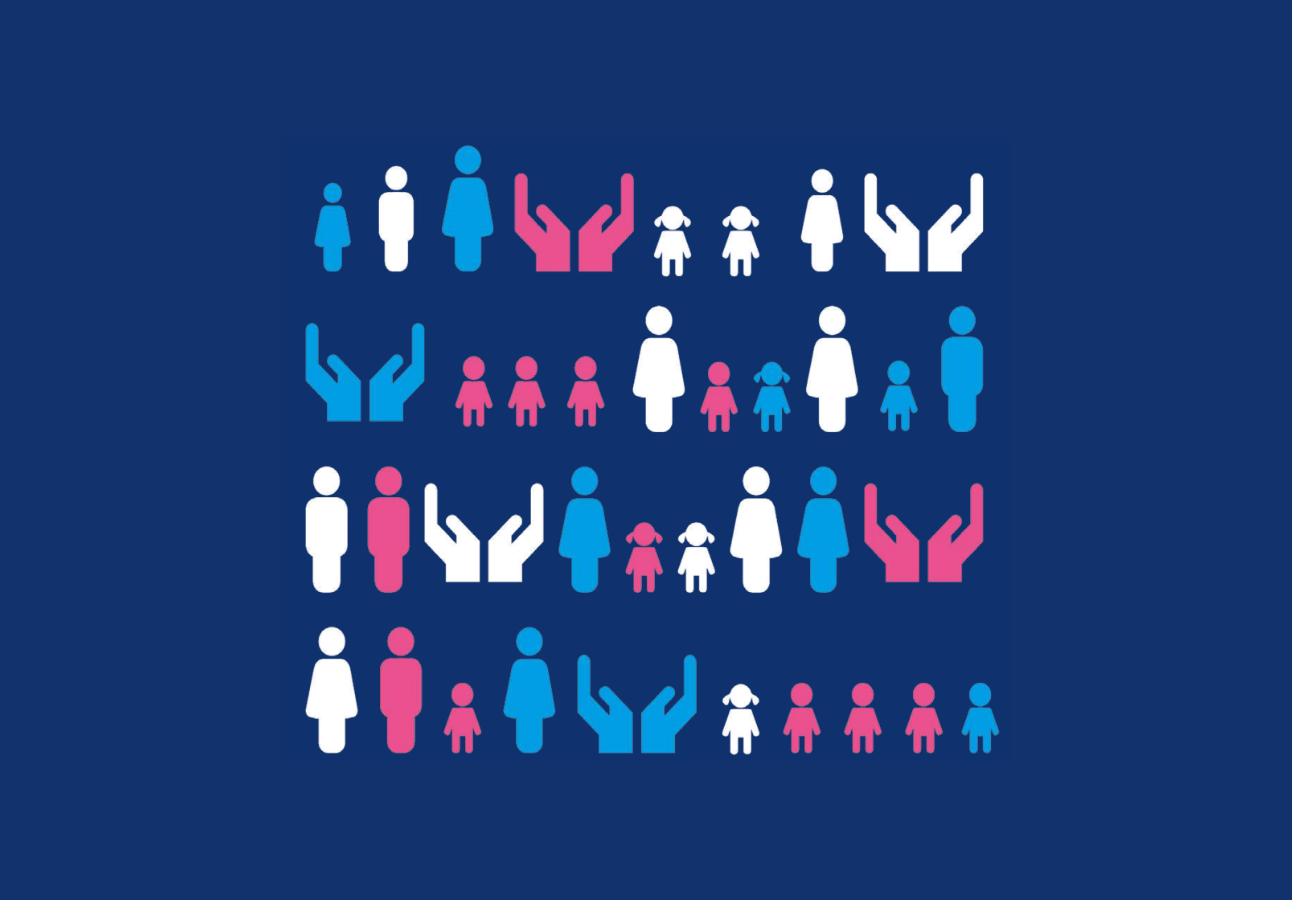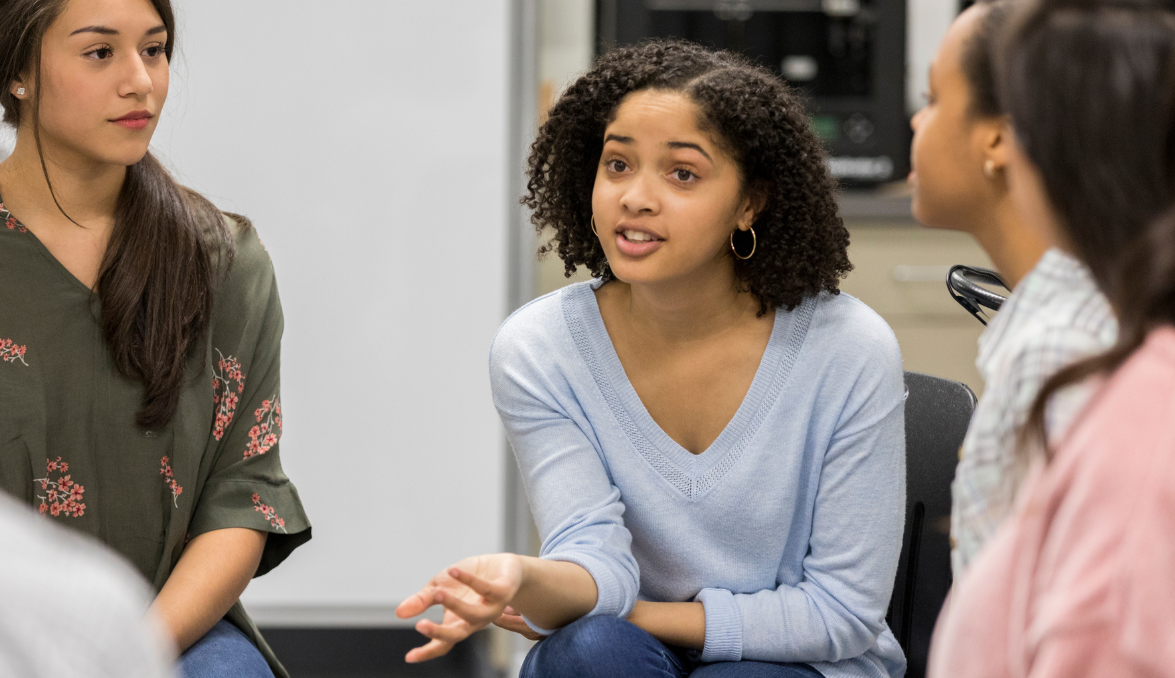On this page you can find the key findings from our Relationships & Sex Education (RSE) research report, “I love it but wish it were taken more seriously”, funded by the Treebeard Trust.
The research explores the experiences of both the teachers involved in interpreting and delivering the curriculum, and the young people receiving it.
SafeLives heard from more than 1,000 young people and over 60 teachers in secondary schools across England – through a series of surveys, interviews and focus groups. Our key findings reveal significant gaps in the delivery and quality of statutory RSE classes.



